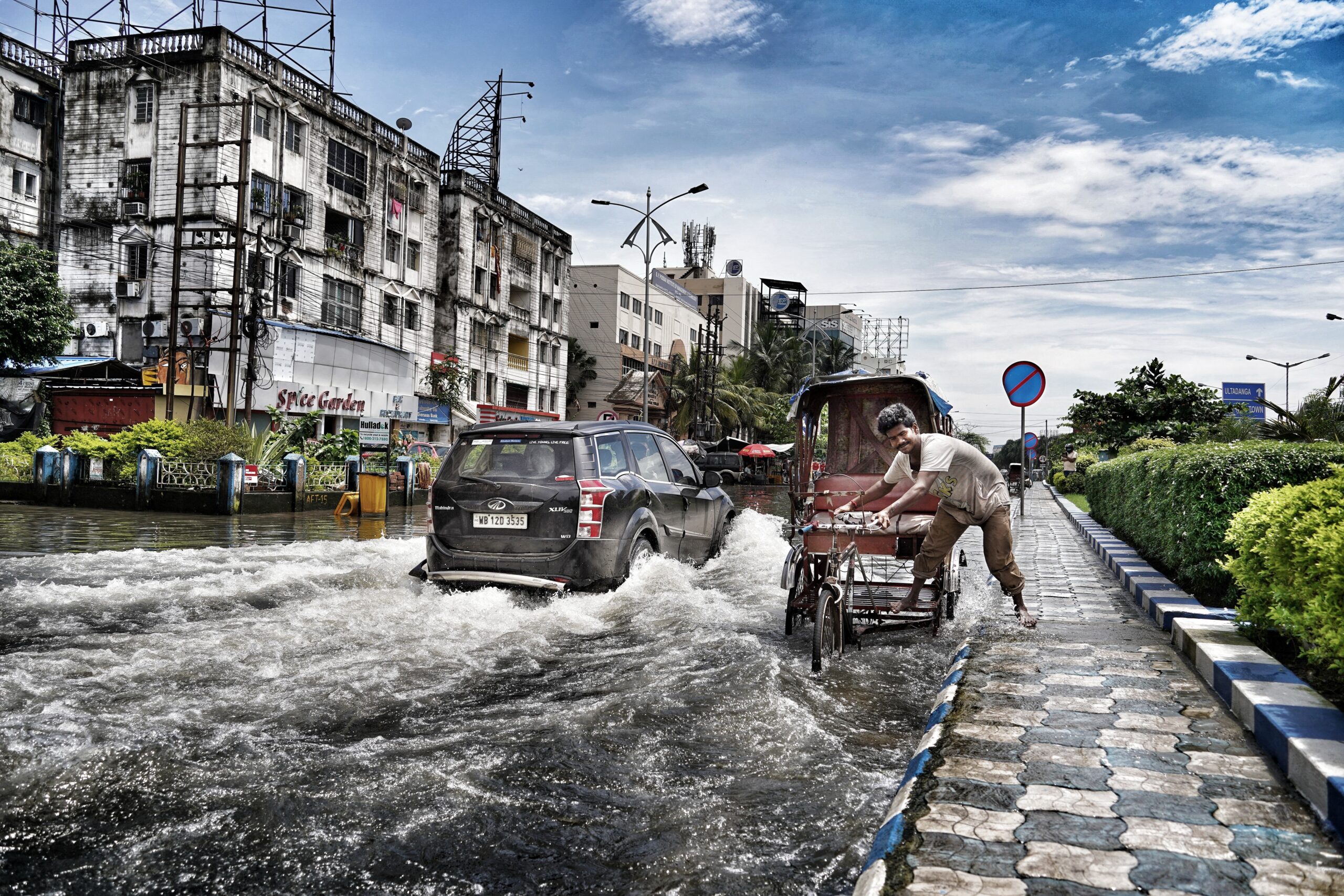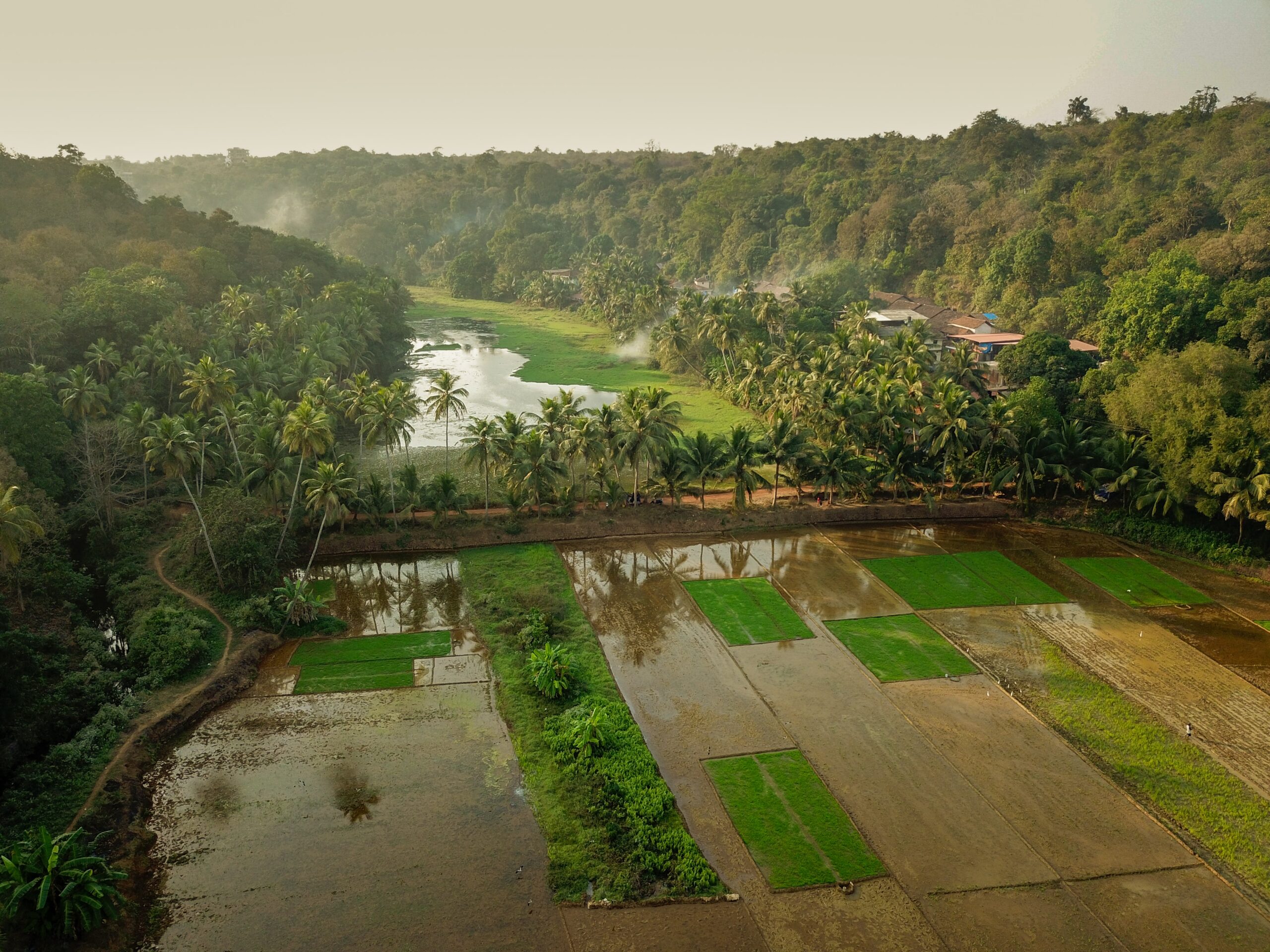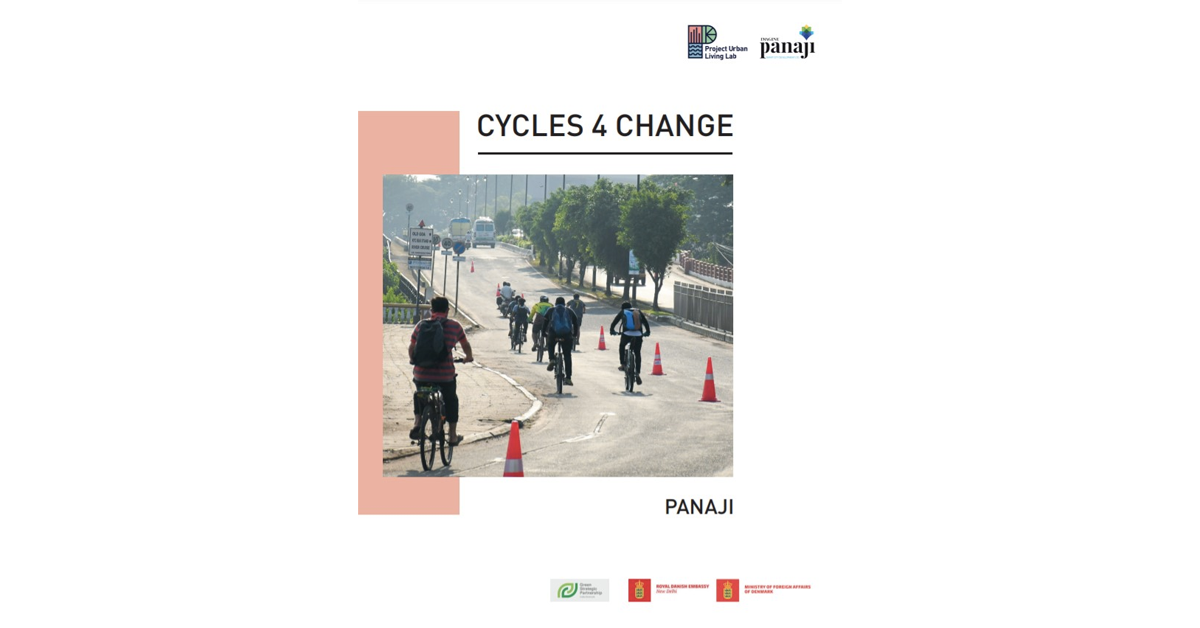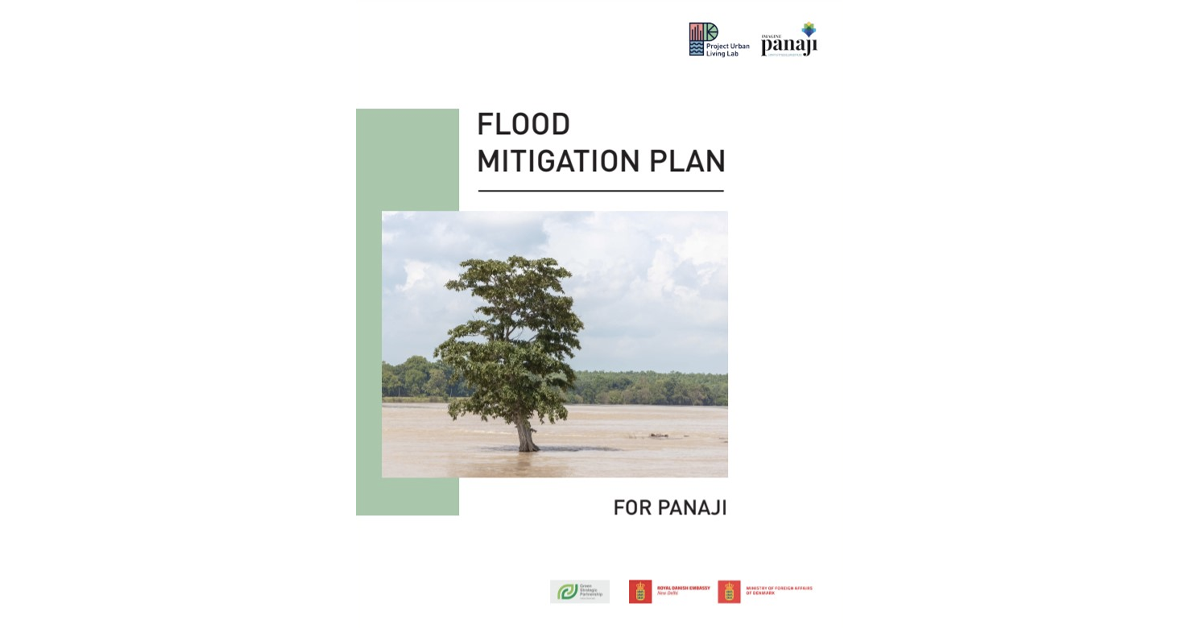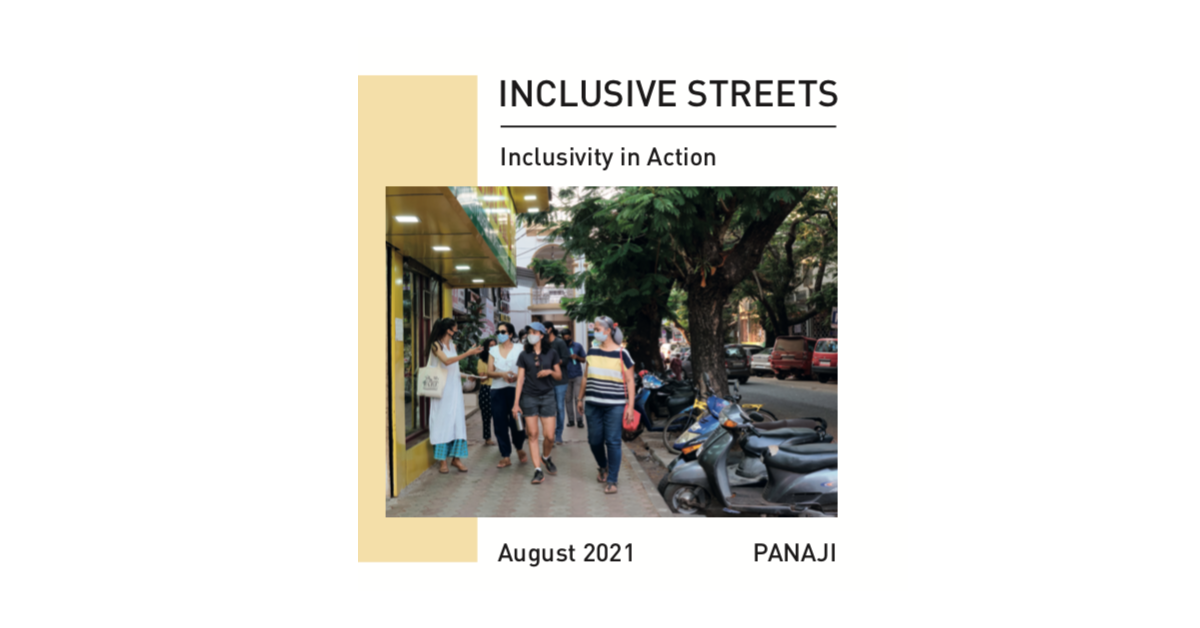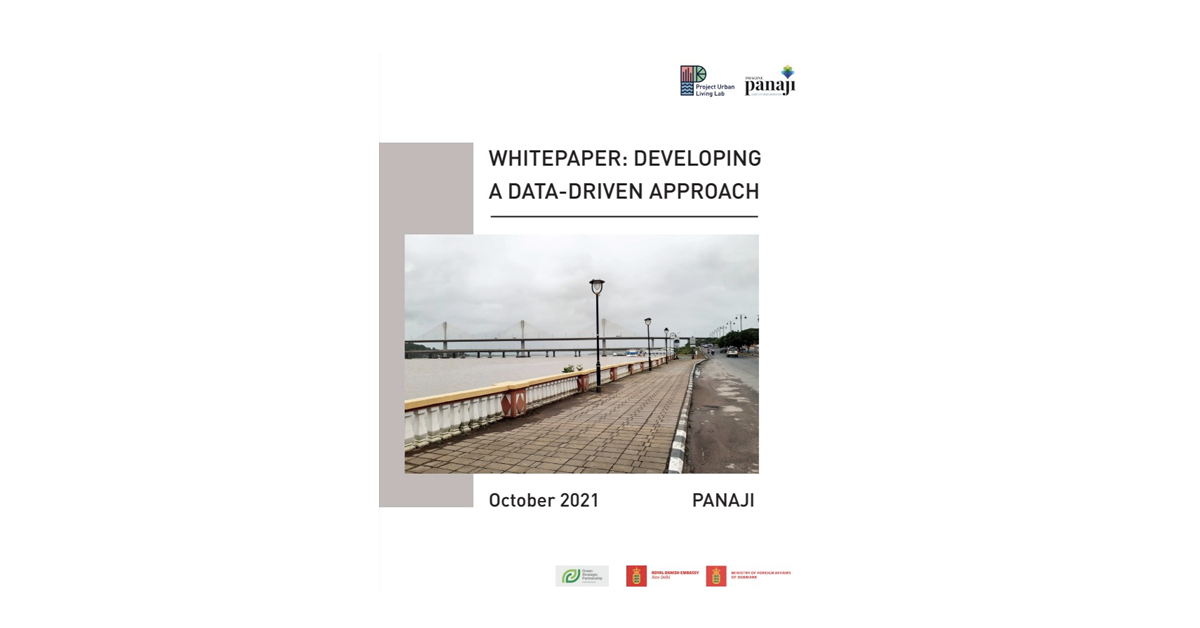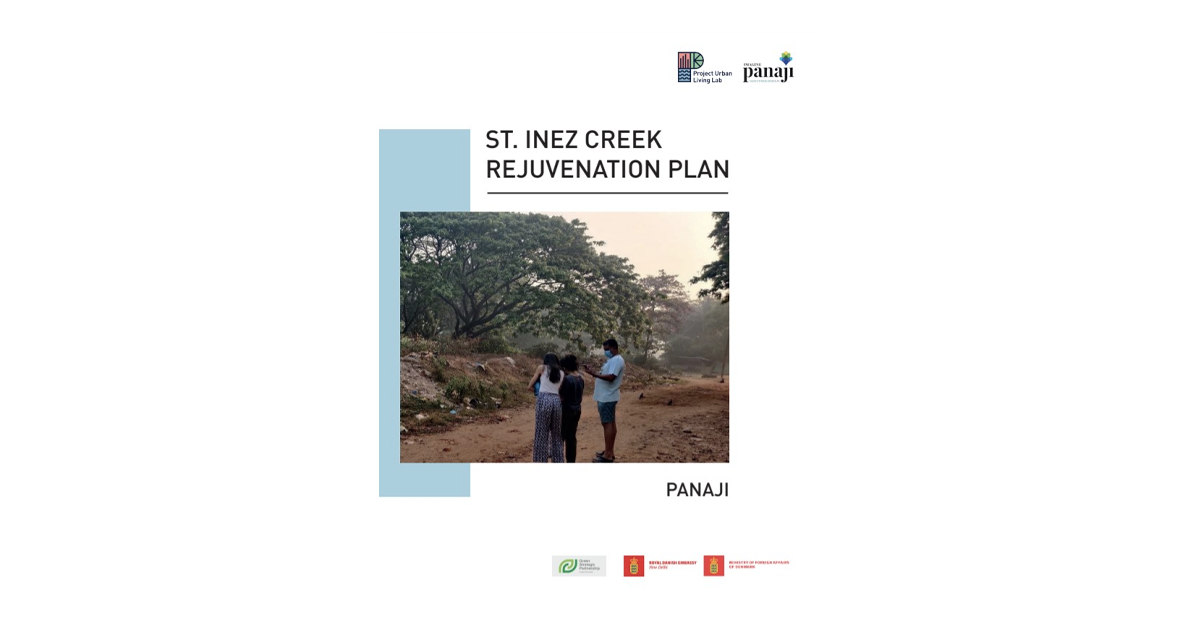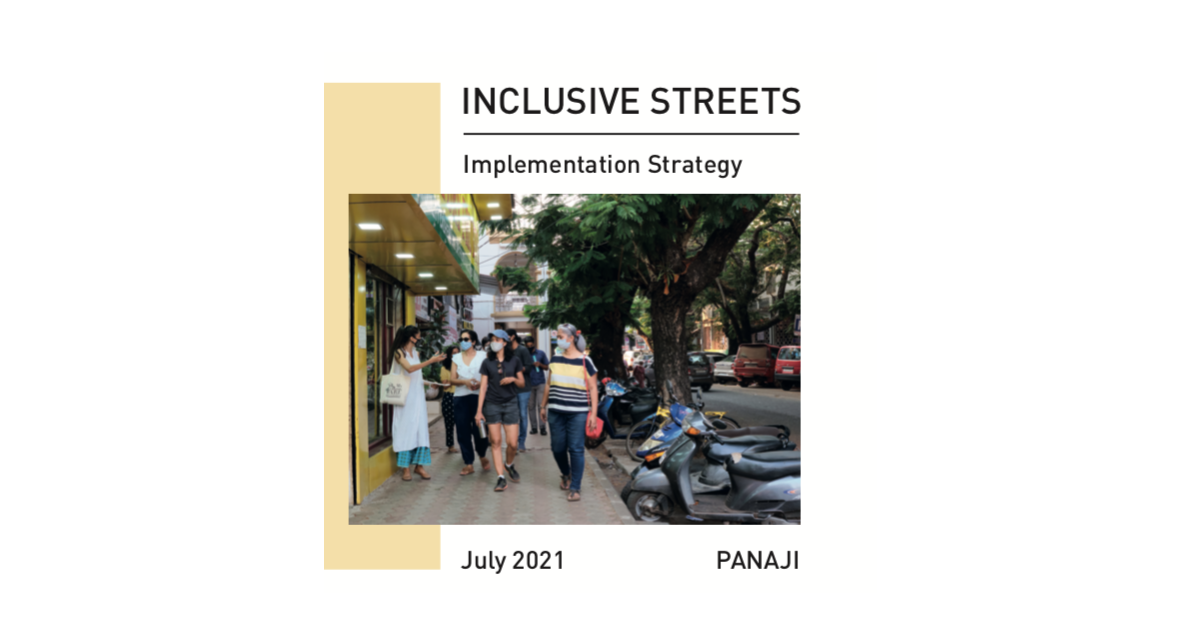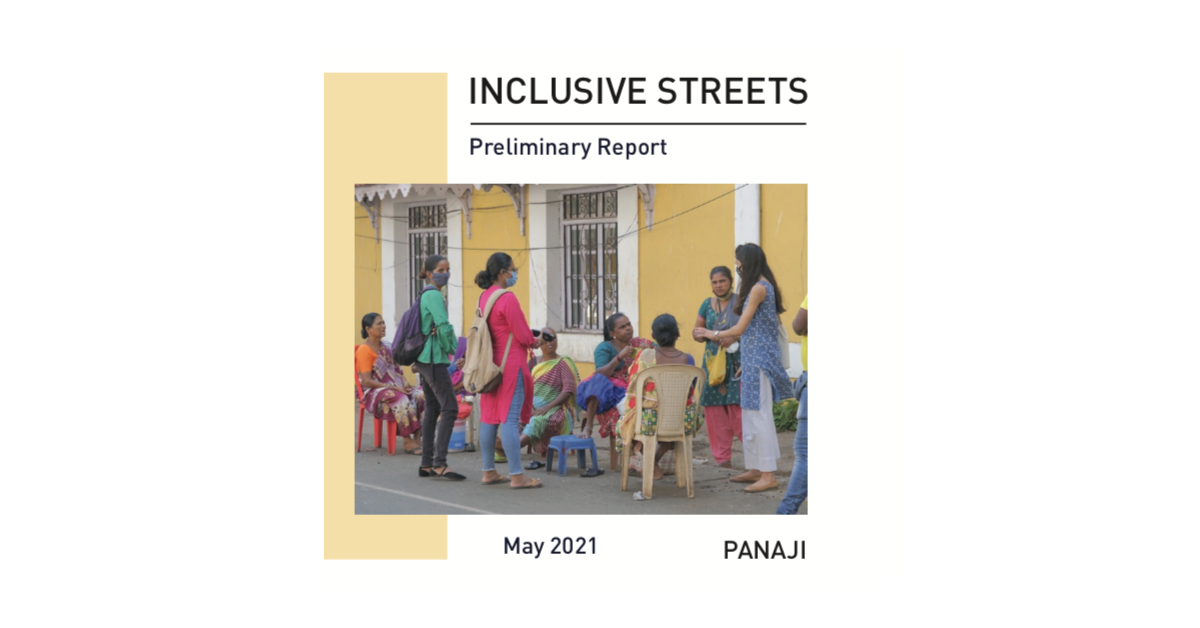Our Publications
Our insights and analysis of sustainable transitions that shape policy narrative and future practice
ALL PUBLICATIONS
Transitions Research and Forum for the Future organised a workshop at the Global Gobeshona Conference in March 2022 to explore how scenarios of different climate adaptation strategies could transpire.
India’s rapid urbanisation, limited governance capacities and lack of climate-friendly policies hinder its path to carbon neutrality. Here’s how this can change
Recent construction and urban expansion in Panaji have exacerbated the city’s risk to floods. On World Water Day, this commentary stresses on the importance of living within the ecosystem and promoting nature-based solutions in urban development.
As a way to test solutions and build infrastructure for cycling, PULL and IPSCDL participated in the Ministry of Housing and Urban Affairs’ initiative called the Cycles4Change. This policy report provides the first steps towards introducing a cycling policy in Panaji.
PULL's thematic plan on Urban Flooding in Panaji analyses its causes and proposes sustainable nature-based solutions for mitigation. The plan outlines a roadmap for achieving resilience, incorporating medium and long-term strategies to transform Panaji into a flood-resilient city.
Inclusivity in Action is a synopsis of PULL’s work on Inclusive Streets. It highlights the main challenges and recommendations proposed in the Preliminary Report and Implementation Strategy and showcases how these recommendations play out on 18th June Road in Panaji.
This white paper highlights key barriers and challenges for Panaji to adopt a data driven approach to governance and pathways for successful and responsible adoption
This plan outlines major issues in the planning and management of the St Inez Creek and sets out a broad framework for creating a common vision for the rejuvenation of the St Inez Creek
To improve women’s access to the city of Panaji, PULL developed Inclusive Streets, a gendered public space improvement framework. PULL’s Inclusive Streets Implementation Strategy enhances the pedestrian experience for women in the city.
Inclusive Streets is a comprehensive and gendered public space improvement framework for the City of Panaji. This report identifies the main factors that impact the female pedestrian experience in the city and provides general recommendations to make Panaji more inclusive.

